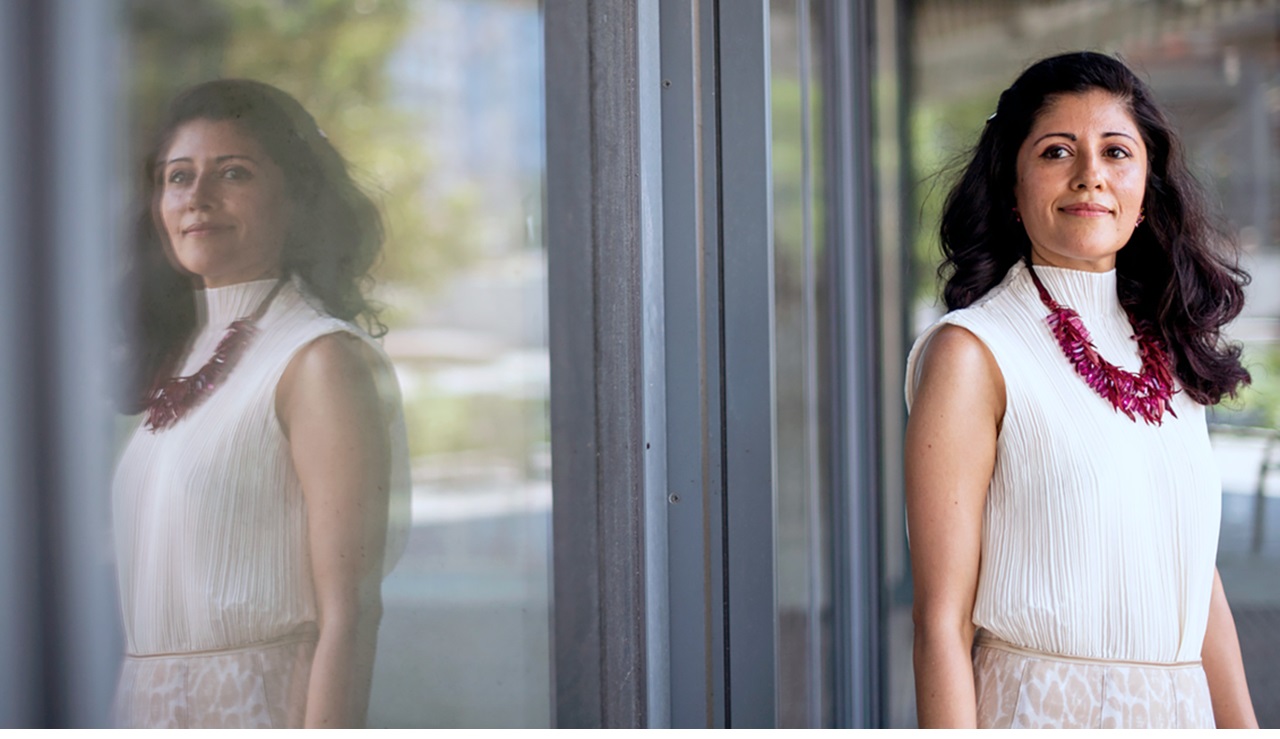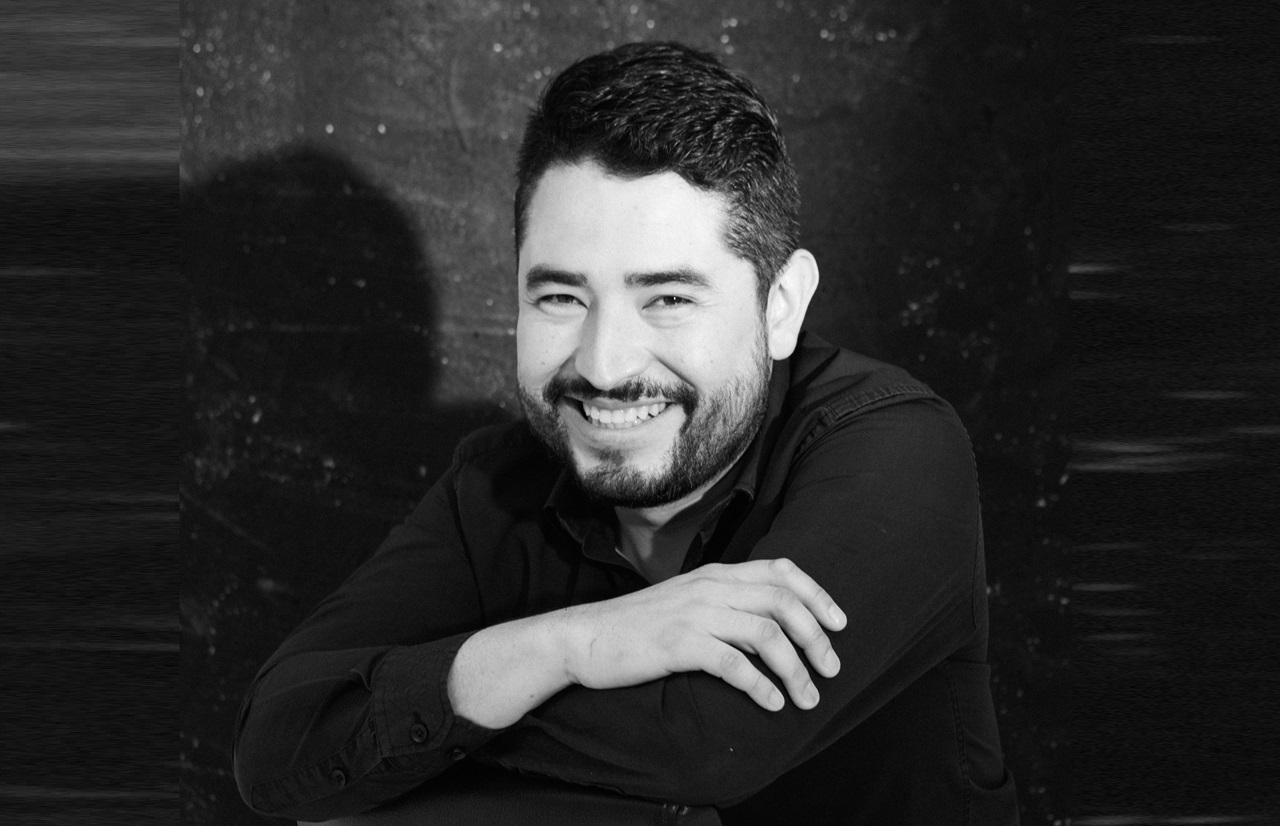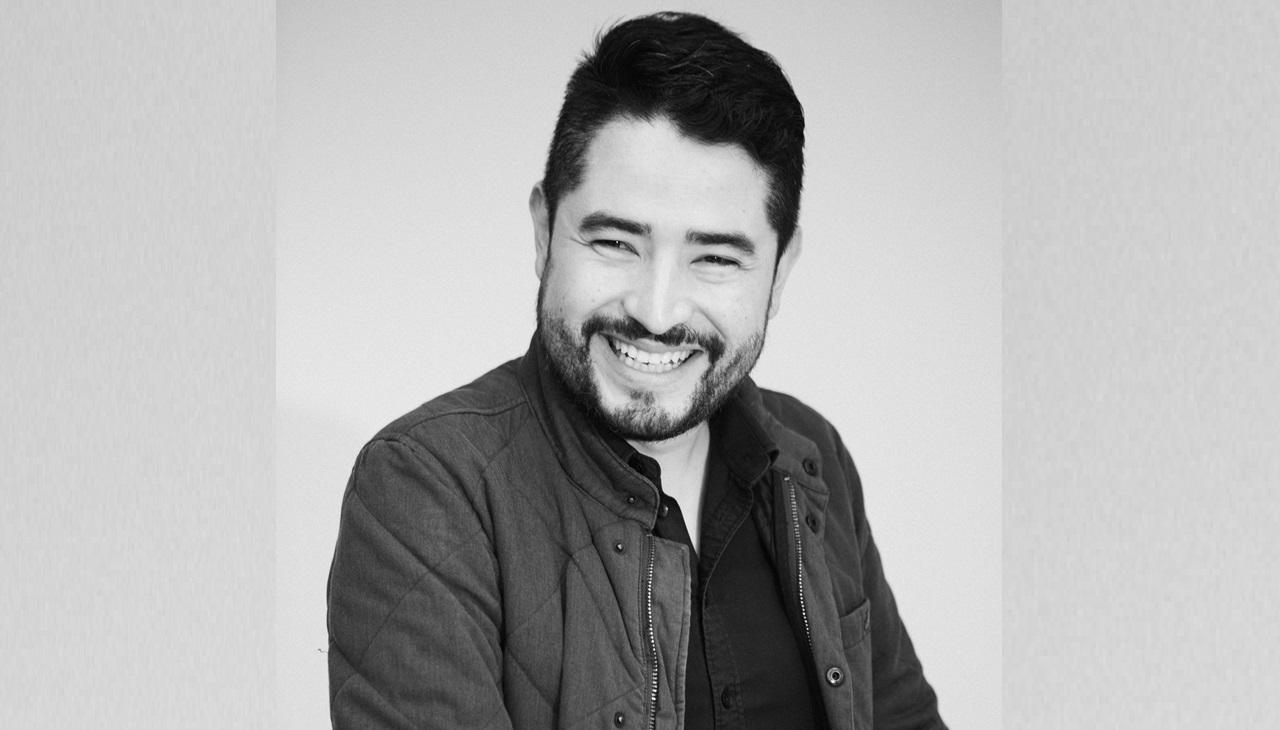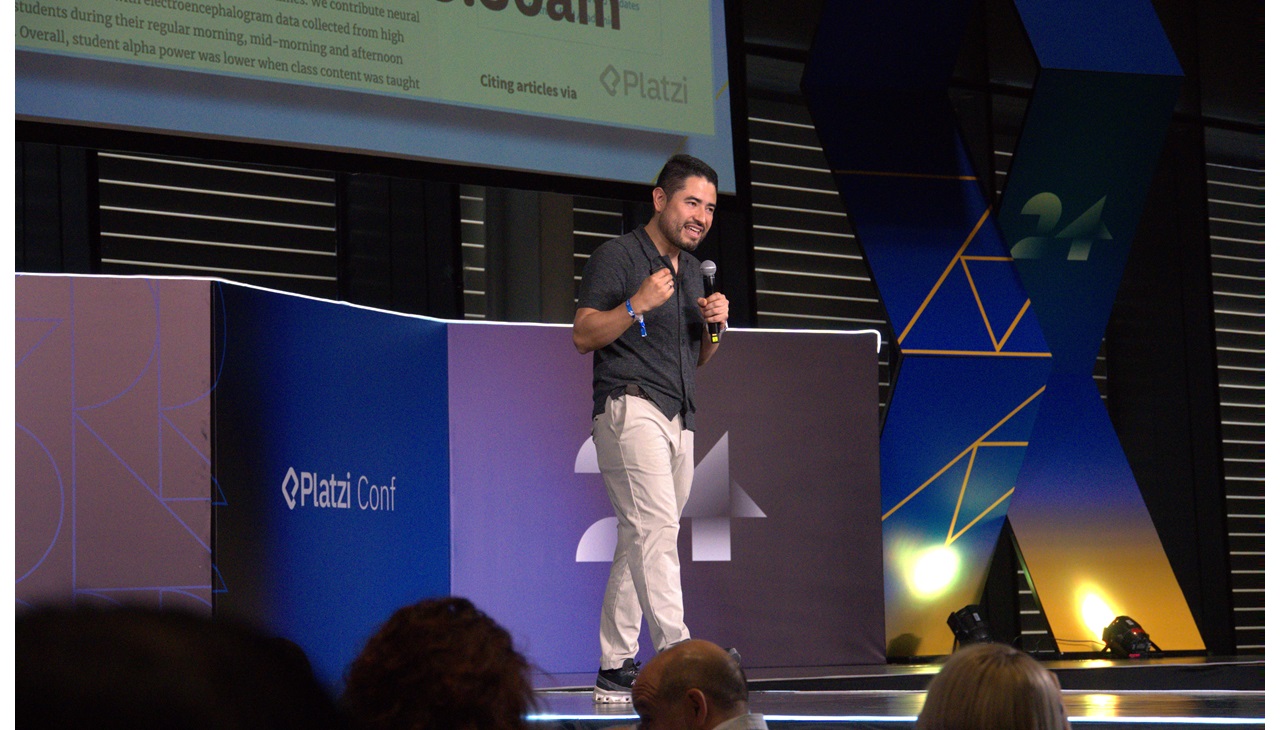
Meet the Mexican scientist fighting melanoma
Dr. Carla Daniela Robles-Espinoza is one of the most knowledgeable researchers on one of the most mysterious types of skin cancer.
Through a study that focuses on the analysis of a mysterious skin cancer associated with the genetic information of melanoma, known as acral lentiginous (ALM), Mexican scientist Dr. Carla Daniela Robles-Espinoza, tries to reveal the secrets of the disease that is mainly concentrated on patients’ hands and feet.
This melanoma, which mainly affects the communities of Latin America, Africa and Asia, is studied by her at the International Laboratory for Human Genome Research (LIIGH), at the National Autonomous University of Mexico (UNAM).
Robles-Espinoza has been working in the area for many years. Thanks to the valuable connections her adviser, Dr. David Adams, gave her with disease experts, installed at the University of Leeds in the United Kingdom, she has dedicated herself to studying the genomics of the cancer.

The scientist, who discovered that very little had been investigated on the genomics of ALM and its causes, decided that it would be the basis of her research.
RELATED CONTENT
Robles-Espinoza highlighted in an interview with Forbes:
This project started more as a natural outgrowth of my PhD and postdoc work, where I studied the genetic risk factors and drivers of non-acral melanoma in European-descent populations. When I moved to Mexico to start my own research group, I wanted to apply the knowledge I had acquired in a disease relevant to my own country
Dr. Robles-Espinoza hopes her research is applicable to patients from different Latin American countries, noting that they share elements in common such as their shared genetic ancestors (due to Spanish colonization) and exposure to similar environments.
“To address this more specifically, we are working with Dr Patrícia Possik in INCA, Brazil to compare and contrast our genomic findings in Mexican patients to those of Brazilian patients, and hopefully we can soon include other Latin American collaborators,” she said.
One of the goals set by Robles-Espinoza is that the treatments for the disease can be affordable and within the reach of all patients. For this to be possible, it is necessary to further study the evolution of the cancer in people from the region, learning more about its "genomic drivers and possible therapeutic alternatives."
Robles-Espinoza has a degree in Genome Sciences from the National University of Mexico. She pursued her doctorate and a short postdoc in the U.K., and currently leads her own research group at LIIGH.











LEAVE A COMMENT:
Join the discussion! Leave a comment.